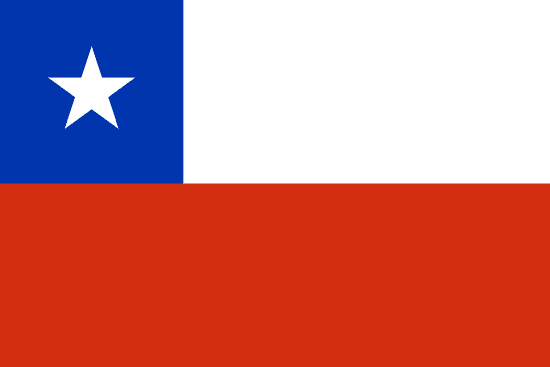"La Ciudad de la Eterna Primavera | The City of Eternal Spring"
About:
Arica, a city in northern Chile, was founded by Spanish conquistadors in 1541. It was a part of Peru until the War of the Pacific (1879-1883) when it was annexed by Chile. Arica's growth was spurred by nitrate mining in the 19th and early 20th centuries. Today, it's a vital port city known for its mild climate, historical sites, and as a gateway to Bolivia. It's also home to the University of Tarapacá, contributing to its cultural and educational development.
When to visit:
Arica, a port city in northern Chile, is known for its warm and dry climate year-round. However, the ideal time to visit Arica on a holiday is during the months of November to March when the temperatures are at their highest and the weather is most favorable for outdoor activities. During this time, you can enjoy the beautiful beaches, explore the city's historical sites, and participate in various cultural events and festivals that take place in Arica. Be sure to plan your trip in advance as this peak tourist season can be busy, but the vibrant atmosphere and stunning natural landscapes make it a worthwhile destination for holidaymakers.
When to avoid:
The worst time to travel to Arica, Chile on a holiday is during the months of June to August. This period coincides with the city's winter season, characterized by cooler temperatures and increased rainfall. Many outdoor activities and attractions may be limited or closed during this time, reducing the overall visitor experience. Travelers seeking warm weather and optimal conditions for exploring Arica's beaches and natural surroundings are advised to plan their visit during the summer months of December to February.
"Rainy Season (Jun-Aug)"
In Arica, Chile, the coldest part of the year is from June to August, with average temperatures ranging from 12°C to 22°C. It's also the wettest season, though Arica is known as the driest city in the world, with annual rainfall barely reaching 1mm. During these months, cloud cover is more prevalent, but the city still enjoys an average of 6-7 hours of sunshine per day. An average day for a visitor might include a slightly chilly morning, giving way to a mild, sunny afternoon. Despite the increased cloud cover, days are generally clear and dry.
Autumn (March - May)
Autumn (March - May)
Language:
Spanish is the primary language spoken in Arica, a city in northern Chile. However, due to its proximity to Peru and Bolivia, it's not uncommon to hear Aymara, an indigenous language of the Andes, as well as Quechua, another indigenous language prevalent in the region. Additionally, English is taught in schools and used in the tourism industry.




